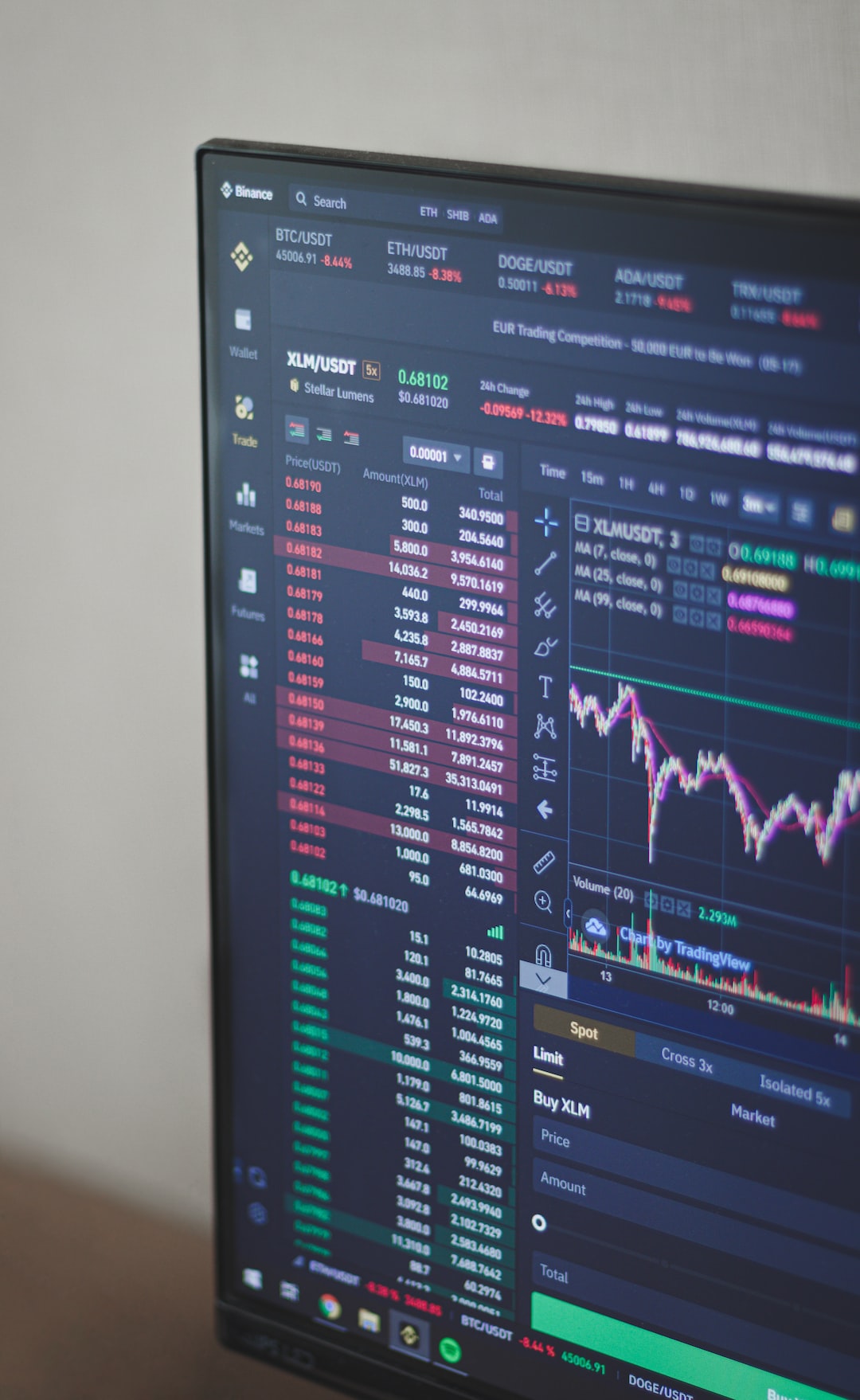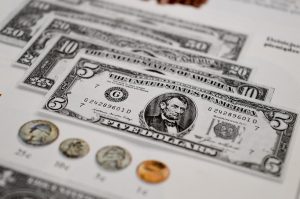Forex, or foreign exchange trading, is the process of buying and selling currencies with the intention of making a profit. Like other forms of trading, forex trading is subject to taxation. The taxation of forex trading varies depending on the jurisdiction in which you operate, but there are some general principles that apply in most cases.
In the United States, forex trading is taxed as ordinary income. This means that the profits you make from forex trading are subject to federal and state income taxes. The amount of tax you pay on your forex profits will depend on your tax bracket, which is based on your total income for the year.
If you are a forex trader in the United States, you will need to keep careful records of all your trading activity. This includes keeping track of your profits and losses, as well as any expenses related to your trading. You will also need to file an annual tax return with the Internal Revenue Service (IRS) that reports your forex trading activity for the year.
In addition to federal and state income taxes, forex traders in the United States may also be subject to other taxes, such as self-employment taxes. If you operate your forex trading as a sole proprietorship, you will be responsible for paying self-employment taxes on your profits. These taxes are calculated at a rate of 15.3% and are based on your net earnings from self-employment.
If you are a forex trader in another country, the taxation of your trading activity will depend on the laws and regulations of your jurisdiction. In some countries, forex trading is taxed as capital gains, which means that the profits you make from trading are subject to a lower tax rate than ordinary income. In other countries, forex trading may be subject to a flat tax rate or no tax at all.
Regardless of where you operate as a forex trader, it is important to understand the tax implications of your trading activity. Failure to comply with tax laws and regulations can result in fines, penalties, and even legal action.
To ensure that you are complying with tax laws and regulations, it is recommended that you work with a qualified tax professional. A tax professional can help you understand the tax implications of your forex trading activity, provide guidance on record keeping and reporting requirements, and help you minimize your tax liability.
In summary, the taxation of forex trading varies depending on the jurisdiction in which you operate. In the United States, forex trading is taxed as ordinary income and is subject to federal and state income taxes, as well as self-employment taxes. In other countries, forex trading may be subject to capital gains taxes, flat tax rates, or no tax at all. To ensure that you are complying with tax laws and regulations, it is recommended that you work with a qualified tax professional.






